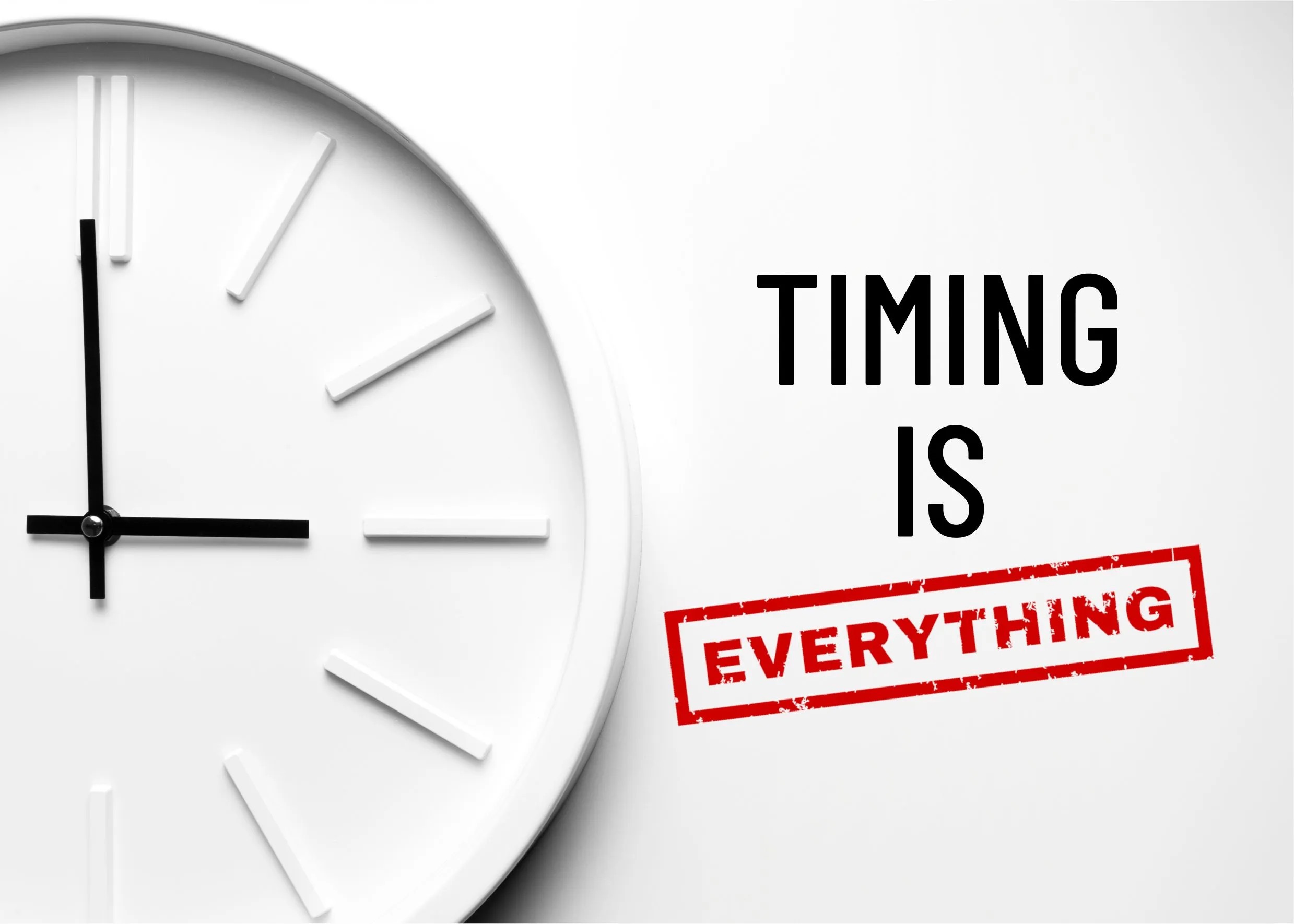INTRODUCTION
Engaging with Libya during the month of Ramadan definitely comes with challenges but also unique opportunities. As the holy month significantly impacts daily life, understanding the cultural and operational shifts is essential to navigate this period successfully. With careful planning and cultural sensitivity, Ramadan can become an ideal time to strengthen relationships and capitalise on opportunities.
“However, let’s not delude ourselves—things definitely change!”
CHALLENGES OF ENGAGING DURING RAMADAN IN LIBYA
During Ramadan in Libya, it is [supposedly] business as usual for government offices but the reality is that businesses operate on reduced hours, often closing early in the afternoon. This naturally leads to slower response times, delayed decision-making, and logistical challenges in trade and collaboration.
With fasting from dawn to dusk, employees commonly experience lower energy levels, which can result in slower-paced meetings, task delays, and rescheduled negotiations, along with extended breaks that impact overall productivity.
Social and business activities also shift during this time, as the focus turns to spirituality, family, and reflection. Traditional networking events and business lunches are often postponed or replaced by Iftar gatherings, making some businesspeople and government representatives less available. Additionally, communication styles adjust to reflect the spirit of the month, with a greater emphasis on respect and consideration – overly aggressive sales tactics or urgent demands may be perceived as inappropriate.
Government offices and regulatory bodies, operating with reduced efficiency, may take longer to process permits, licenses, and other approvals. Companies engaging with these entities should anticipate and plan for potential delays. These adjustments are a normal part of business life during Ramadan in Libya, and successful navigation of this period requires cultural awareness and strategic planning.
HOW TO NAVIGATE THESE CHALLENGES IN LIBYA
Successfully navigating business during Ramadan in Libya requires cultural awareness and strategic planning.Ideally, companies should have anticipated reduced working hours and slower response times by scheduling key meetings and actions before Ramadan begins but… if that is now not possible adjusting meeting times to later in the evening, preferably after Iftar, is beneficial, as many Libyans regain energy after breaking their fast, making it a more productive time for discussions and decision-making.
Also, it is critical to remember to respect local customs by refraining from eating, drinking, or smoking in public during fasting hours, demonstrating this cultural sensitivity will strengthen relationships with business partners, customers, and officials.
With limited office hours, leveraging digital communication- such as emails, phone calls, and video conferencing – ensures business continuity when face-to-face meetings are less feasible, again we have to be realistic as those who work in Libya will know how important face-to-face and personal interaction is!
Engaging in Ramadan-related corporate social responsibility initiatives, such as sponsoring Iftar meals, supporting local causes, or participating in community events, can also enhance a company’s reputation and foster goodwill.
Finally, businesses should prepare for the post-Ramadan surge, as Eid al-Fitr marks a period of renewed enthusiasm and economic activity. This is an ideal time to finalise agreements, schedule in-person meetings, and capitalise on fresh market momentum.
If you are in the country, do not underestimate the importance of your presence. Adapting to the cultural nuances of Ramadan and Eid presents a valuable opportunity to strengthen business relationships and make significant inroads in development.
TURNING RAMADAN INTO A BUSINESS OPPORTUNITY IN LIBYA
Ramadan in Libya is a time of generosity and hospitality, making it an ideal opportunity to strengthen relationships through cultural engagement.
Accepting invitations to Iftar meals or sending Ramadan greetings can help build stronger personal and professional connections. Businesses can also tailor their marketing strategies to reflect the spirit of Ramadan by offering special promotions, discounts, or exclusive services that resonate with local customers and demonstrate cultural awareness.
Iftar gatherings serve as valuable networking opportunities, providing a chance to connect with business leaders, government representatives, and potential partners in an informal yet meaningful setting. Hosting or attending such events can open doors for future collaborations. As many business activities slow down during Ramadan, planning for the post-Eid period is essential. With a sharp increase in business activity following Ramadan, companies that are well-prepared can gain a competitive advantage and capitalize on the renewed momentum in the market.
The reality is that ‘time is money.’ If being in Libya during Ramadan is not feasible, ensure that your business is well-prepared to take advantage of the post-Eid momentum.”
CONCLUSION
Although engaging with Libya during Ramadan presents challenges such as reduced productivity, changes in working patterns, and government delays, businesses that approach the situation with cultural awareness and sensitivity can turn these obstacles into opportunities.
If you haven’t planned ahead, respecting cultural norms and engaging meaningfully with local partners can still help build stronger relationships and position organisations for success after Eid.
“Do not wait for the perfect moment, take the moment and make it perfect.”


Leave A Comment